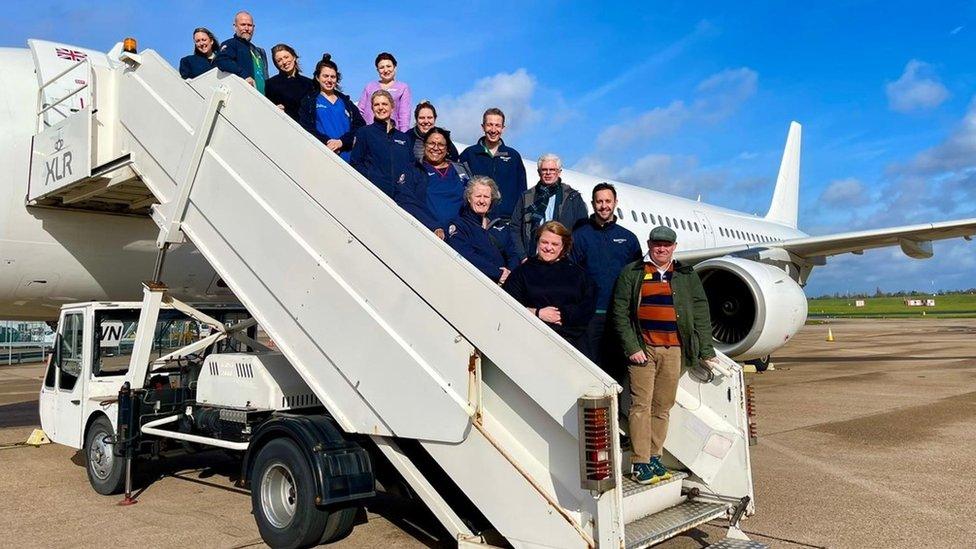University Hospital Southampton implants new pacemaker with no leads
- Published
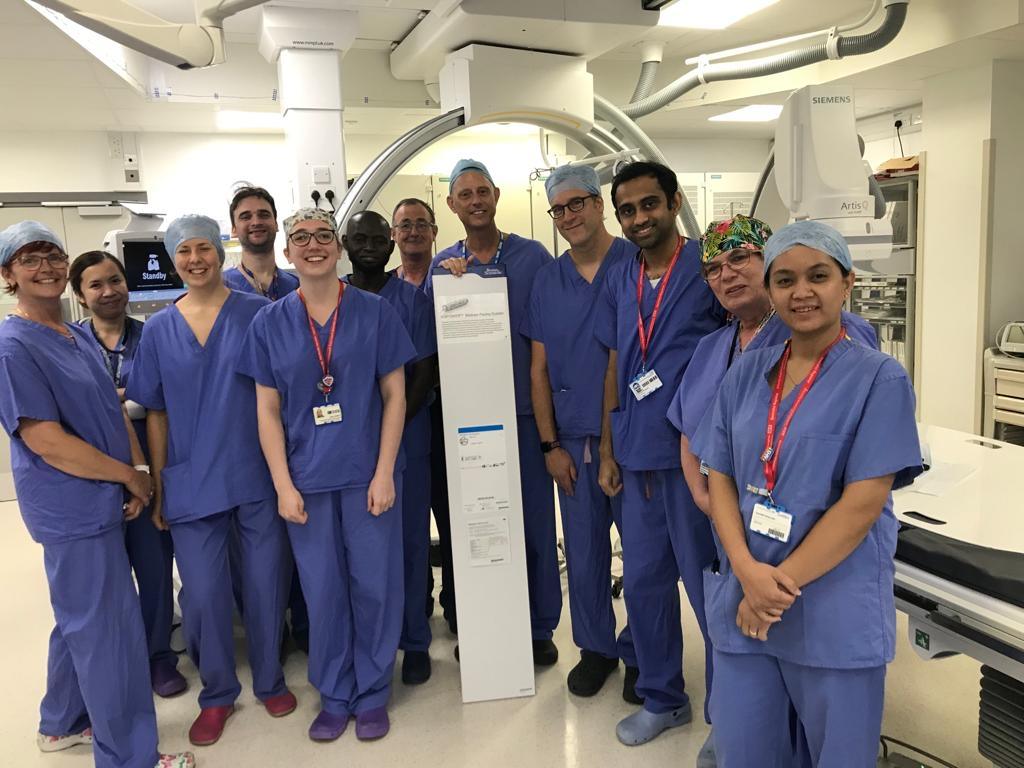
A team of heart experts in Southampton is taking part in the global trial
A new pacemaker with no leads, aimed at preventing a sudden cardiac arrest has been implanted in a man's chest during a surgery believed to be the first of its kind in the UK.
Retired policeman David Mills, 56, from Southampton, has undergone the procedure at University Hospital Southampton (UHS).
The pacemaker and a defibrillator have been implanted in his body.
Both devices will try to prevent cardiac arrests.
The new system is expected to work if a life-threatening abnormal heart rhythm - known as arrhythmia- is detected.
Experts said patients who previously received a defibrillator alone could not receive pacing for slow heart rhythms due to an elevated heart rate.
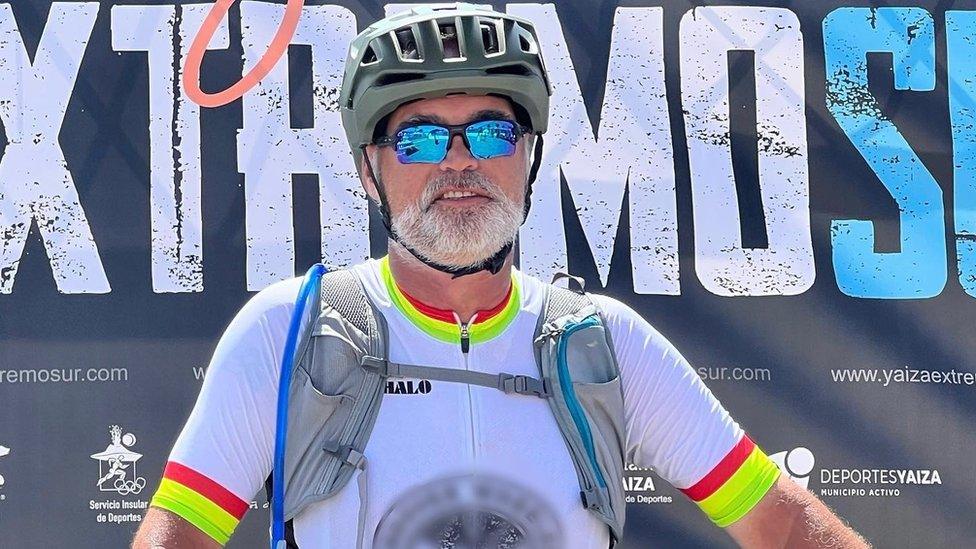
Mr Mills praised the work done by the heart experts at UHS
The new system of a combined pacemaker and a defibrillator will instead use pacing in the first instance, as the leadless pacemaker will send electrical signals to correct the heart of the abnormal rhythm.
Experts also explained that pacemakers are usually inserted under the skin via an incision in the chest and are connected to the heart via a lead threaded through the blood vessels.
This can be complicated with infections and occasionally faults in the leads.
But the new procedure means that the leadless pacemaker is placed inside the wall of the heart via a small tube passed up through a blood vessel in the groin using keyhole surgery.
Mr Mills said the new devices gave him the confidence to carry on a normal life.
"I hope the results of this trial will help to provide important insights so that soon more people can benefit," he added.
Professor Paul Roberts, consultant cardiologist at UHS, said the new system would benefit "a much larger patient population".
The clinical trial will enrol up to 300 patients across 50 centres in Europe, the US and Canada. It will evaluate the safety, performance and effectiveness of the new devices.
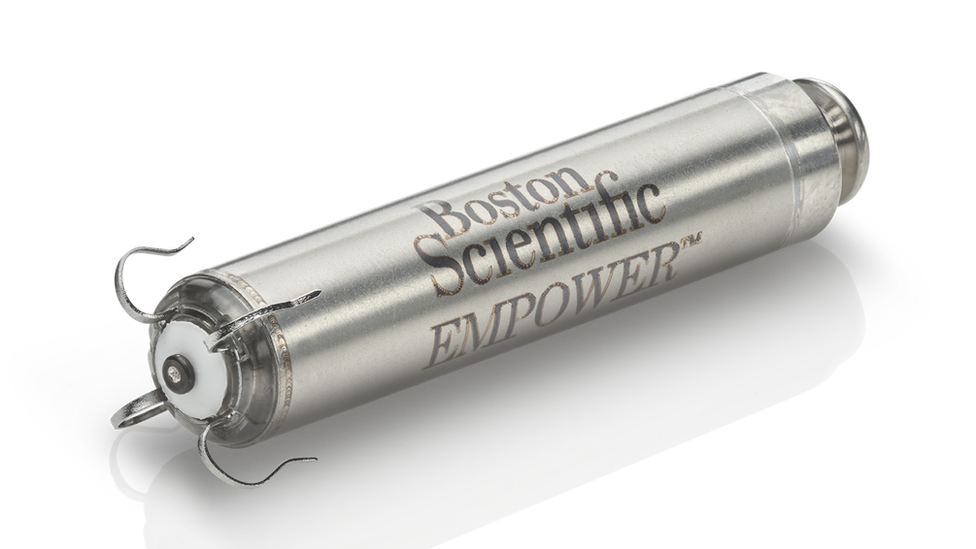
The new leadless pacemaker is known as Empower

Follow BBC South on Facebook, external, Twitter, external, or Instagram, external. Send your story ideas to south.newsonline@bbc.co.uk, external.
Related topics
- Published14 October 2022
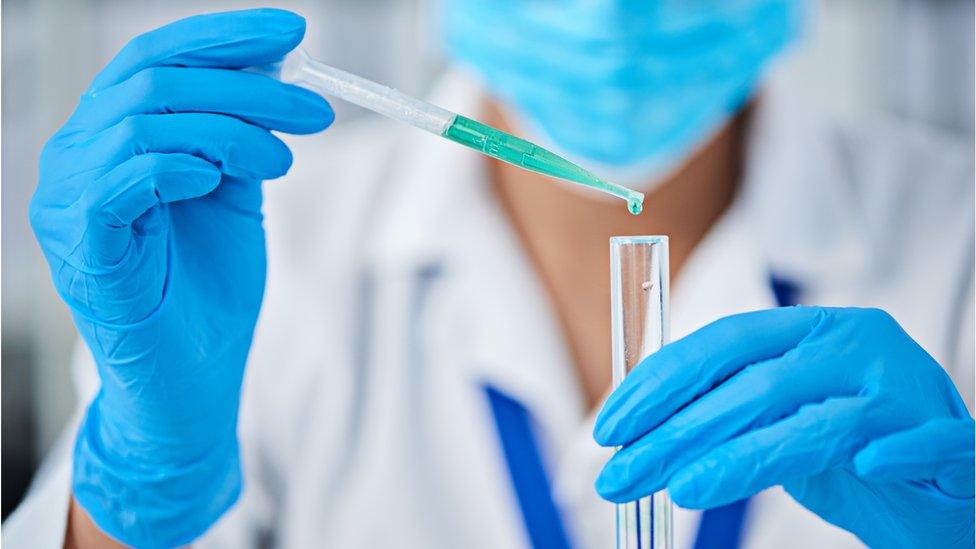
- Published13 July 2022
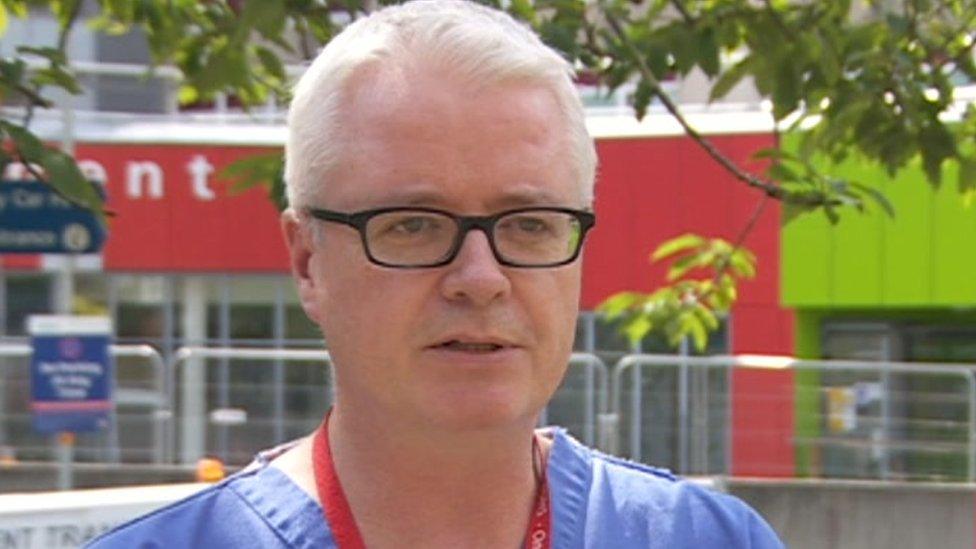
- Published14 March 2022
